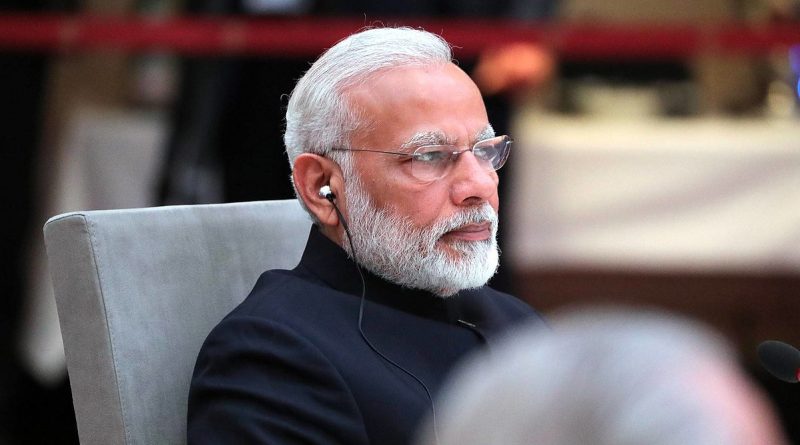India’s Neutrality at G-20 is Justified
Jimmy Murray
Staff Writer
At a recent G-20 summit held in Bengaluru, India on February 25, leaders from 20 different nations met to discuss the current effects of the Russia-Ukraine war. According to the Associated Press, on the one-year anniversary of the war, tensions flared in the room, as leaders failed to reach a consensus on the official wording of a document describing the ongoing war. China and Russia’s representatives objected to the document, which included paragraphs from the previous summit’s “Bali Declaration.” The Associated Press further explains that when asked why they required certain wording to be removed from the document, Russian and Chinese representatives responded that they “just didn’t want it anymore.”
This year, Delhi holds the presidency in the G-20, making this summit of greater importance than many of the ones held in years prior. Despite being united by the opposition of western practices, India, China, and Russia disagree heavily over the war in Ukraine. Because of the disagreement over the Bali declaration’s wording, Delhi released a chair’s summary specifically noting “different assessments of the situation” in Ukraine, reports BBC News.
Due to the controversial nature of the war in Ukraine, Delhi is playing the middleman to avoid further conflict, attempting to make a compromise over the wording in the document. This is because India, despite the war in Ukraine, “views Russia as a partner,” reports Deutsche Welle. This approach reflects Delhi not wanting to step on the toes of Vladimir Putin and Xi Jinping, fearing damage to their multilateral diplomatic and economic relationships. China has additionally ramped up its diplomatic efforts, suggesting an interest in peace through a “12 point document detailing steps towards peace for the conflict in Ukraine,” reports The New York Times. China’s backing of Russia and simultaneous ambitions for peace seem contradictory, which complicates its relationship with India.
While the war in Ukraine is incredibly important for the future of the international system and will have serious consequences based on the outcome, it is not the only important issue unfolding in the world. India is facing backlash and intense scrutiny for focusing the G-20 summit on topics such as “the inequalities and developmental challenges that many countries in Africa, Asia, and Latin America face today,” reports DW. Yet, as a leader for the global south, India is doing its job in putting issues important to the developing world in the spotlight as much as the prevailing issues in the global north. Western perspectives often put more emphasis on events and problems happening in the north over the varying issues in the south, so it isn’t wrong for Delhi to emphasize what is needed in different regions of the world. In addition, the West demanding that India takes a stand against Russia and China is likely making matters worse, as India was one of 32 countries that recently abstained in a UN General Assembly resolution in favor of calling Russia to pull out of Ukraine.
Despite being overwhelmingly in favor of peace in Ukraine and using global institutions to work out international issues, Indian Prime Minister Narendra Modi expressed some pessimism at the G-20 summit. In a recorded statement, Modi explained, “The experience of the last few years – financial crisis, climate change, pandemic, terrorism, and wars – clearly shows that global governance has failed,” reports Al Jazeera. This pessimism reflects the unfortunate state of global affairs occurring right now. Despite international law, condemnations of war, human rights abuses, and even talks of genocide, an international system this separate makes it difficult for global institutions to agree on political issues. Further adding to a bleak outlook on the situation, Modi added, “We should not allow issues that we cannot resolve together to come in the way of those we can,” implying that the war in Ukraine cannot be solved through international cooperation.
While this may seem like a darker way to look at the situation, Prime Minister Modi may be correct. The G-20 summit should be utilized to increase the possibility of solving problems together in multilateral dialogue. There is little point in bickering over the categorization of the war in Ukraine if it is obvious that Russia is going to object to the way it is being described. This fruitless debate over wording is a waste of time, time that should be dedicated to other issues in the Global South, or at least to more solid peacebuilding efforts. All nations should strive for an end to the war in Ukraine, because, as Eurasia Review reports, “the continued destruction in Ukraine will only damage the world’s prospects for recovery in the post-Covid era.”
Image courtesy of Wikimedia Commons


